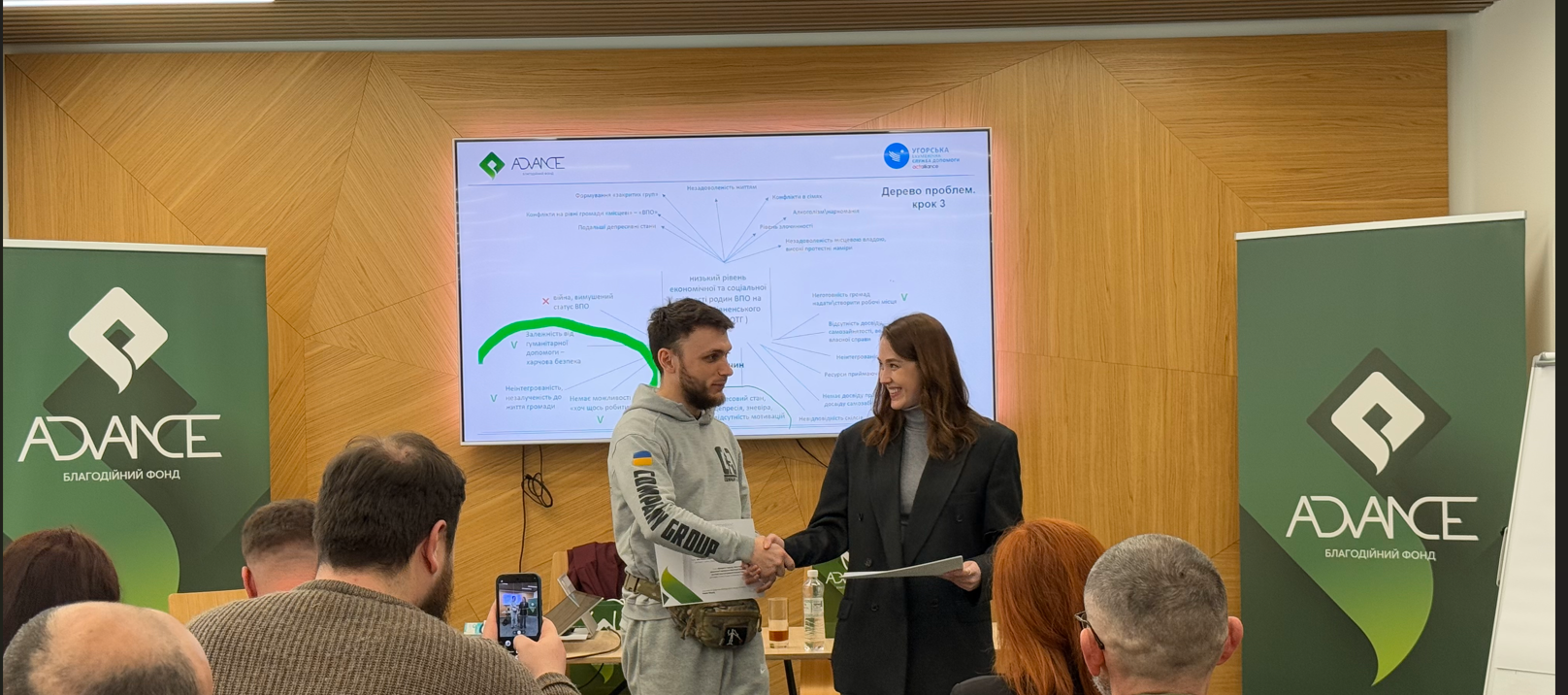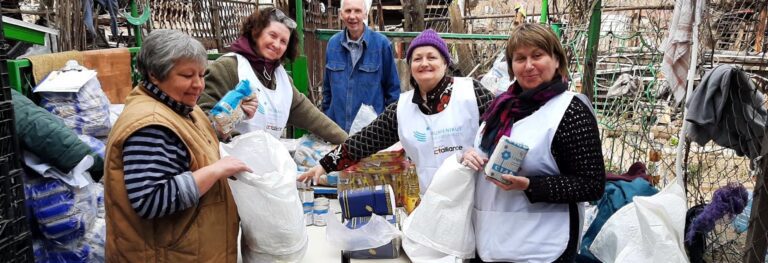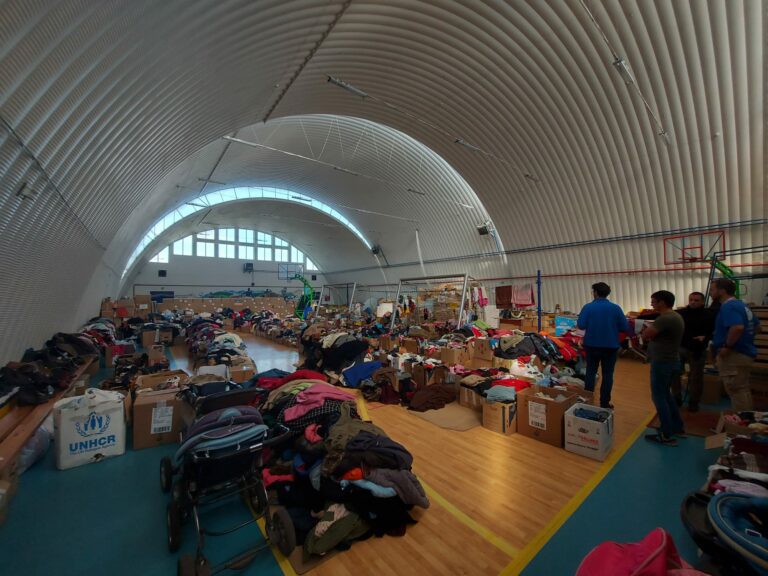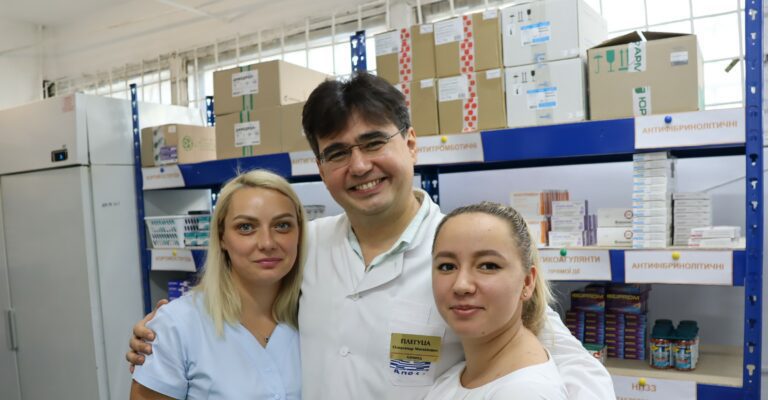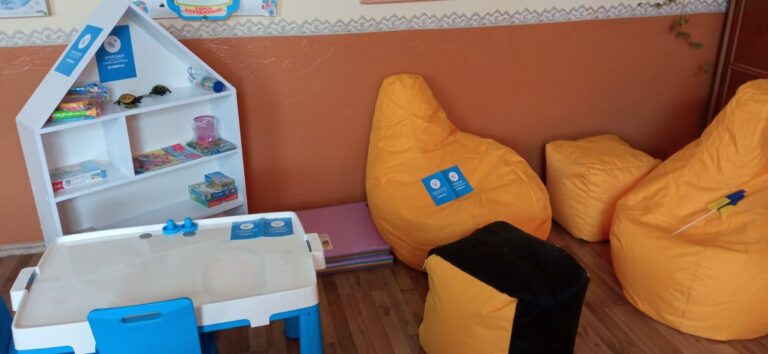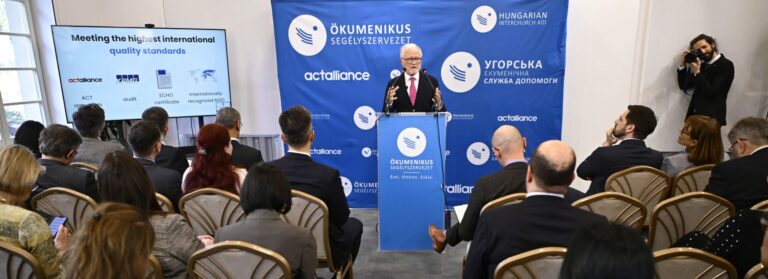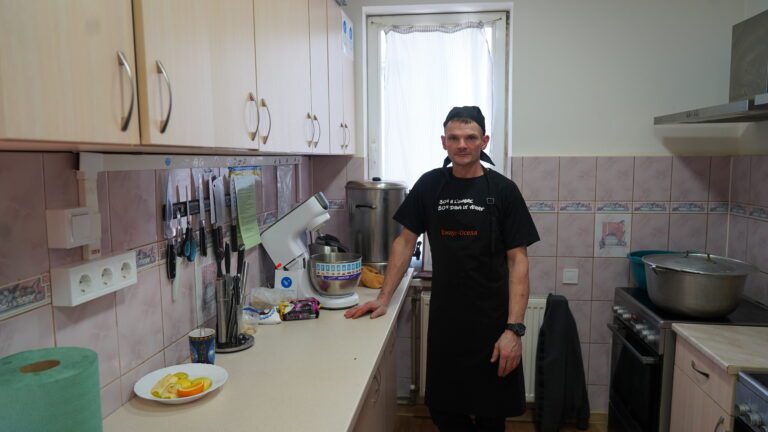Supporting ex-combatants: Knowledge, Mentorship, and New Opportunities for Civilian Life
The first phase of the Reintegration of Veterans program recently wrapped up in Uzhhorod, offering a powerful blend of knowledge, mentorship, and emotional support to veterans navigating life after military service. The project was launched by the Advance Charity Foundation with support from Hungarian Interchurch Aid (HIA), and its goal was simple but vital: help veterans begin their next chapter with purpose.
“Since the full-scale invasion of Ukraine in 2022, the number of veterans has significantly increased: at the beginning of that year, there were about 400,000, and by December 2023, there were at least 850,000. According to the Ministry of Veterans Affairs, the number of veterans and their families could reach 4-8 million. Although it is difficult to determine the exact number today, society must prepare for the new reality of reintegrating military personnel into everyday life,” explains the project manager of Advance, Vitalia Manailo.
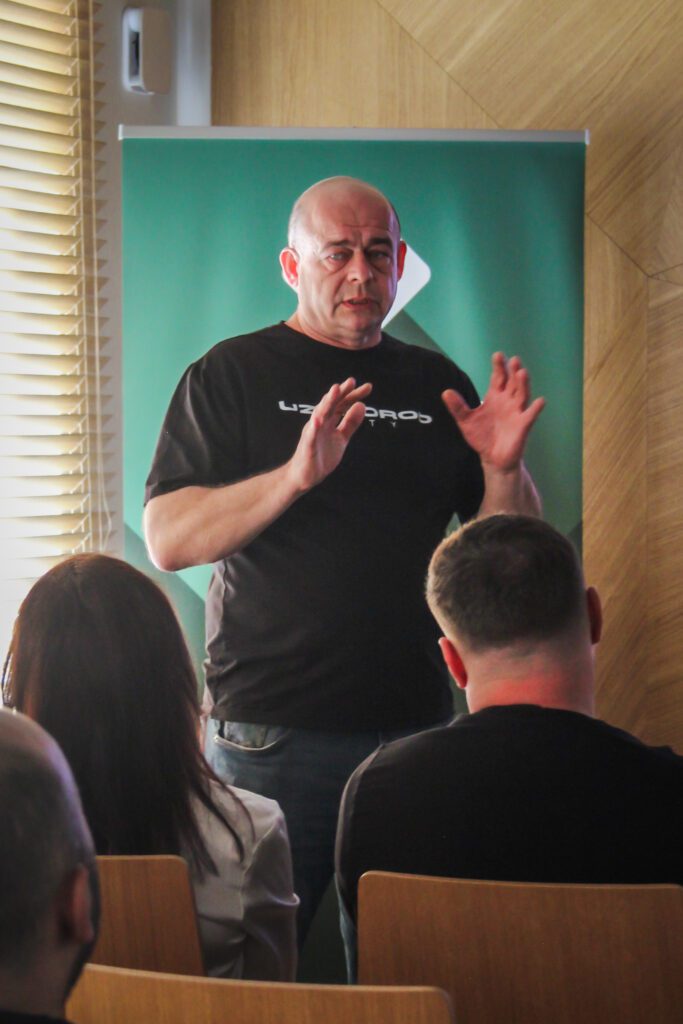

Fifteen veterans, each with unique experiences, personal stories, and visions for their future, participated in the training. The program was based on a social study conducted in the Zakarpattia region, which helped better understand the needs of veterans and adapt the training to their requests.
The training program included three workshops: “From Business Model to Success,” “Business Plan: Simplifying Complexity,” and “Sources of Investment and Financial Support for Startups.”
“The workshops provided a clear understanding of what is needed to develop a business. Most importantly, it instilled the belief that your experience is valuable in civilian life. The support of mentors, specialists, and psychologists is truly important—it helps not only with business but also with personal re-evaluation,” shared Vasyl Popryk, a veteran and co-founder of the business “Vuyko Eco.”
Participants received not only theoretical knowledge but also practical training, mentorship, individual consultations, and psychological support. The program also included psychological screening to better understand participants’ needs and adapt the training methodology accordingly.
“These were not classic workshops. They were combined with psycho-social support and monitoring how participants responded to the information. It was important for us to understand the value of this program. This project is foundational, and we plan to improve the program further. The overall idea of the project is to support veterans and their families. All sessions were built around this theme. It was pleasant to see veterans thinking strategically, focused on the future. Their ideas are promising, and I see their successful implementation,” noted Yevhen Luksha, project expert-trainer.
Based on the lessons learned from the pilot project, Advance and HIA plan to scale the project and create a comprehensive support model for veterans, including educational programs, mentorship, access to financial tools, psychological support, development of veteran hubs, and sports activities for veterans.
“We learned about the series of such workshops directly from the organizers. Besides new knowledge, I believe this was a great experience for veterans in terms of socialization, consolidation, skill exchange, and communication. I believe it was useful for everyone,” adds Taras Rizhniv, representative of the NGO Veteran Association for Psycho-Social Assistance to Veterans.
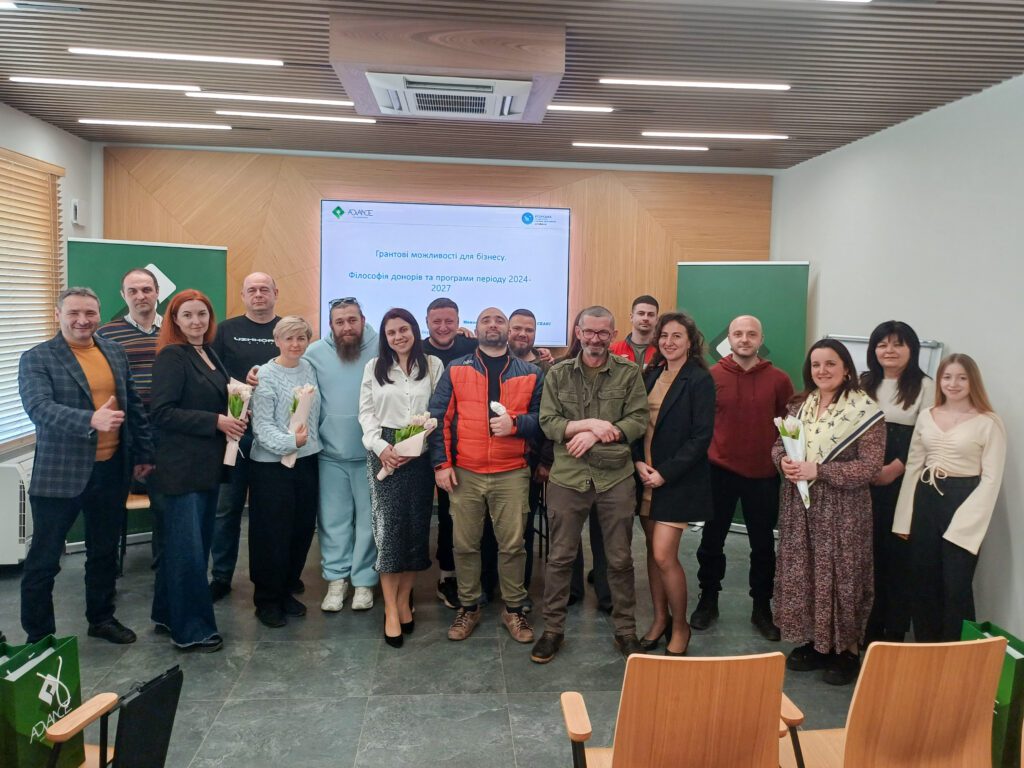

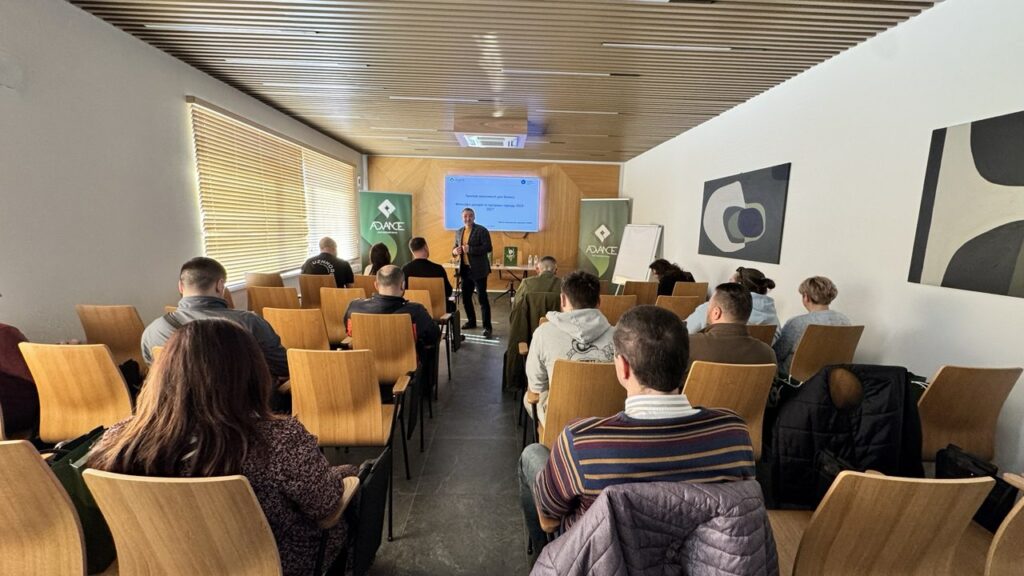

The project also highlighted the possible results of deeper cooperation with local partners, including veteran organizations, local governments, community initiatives, and business communities. The pilot phase in Uzhhorod was the first step towards more extensive systemic support for those who return to civilian life after surviving the horrors of war. The project team will continue to work to ensure that more veterans can gain the knowledge, resources, and confidence to start a new, peaceful phase of life.

